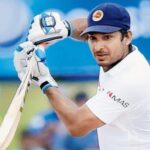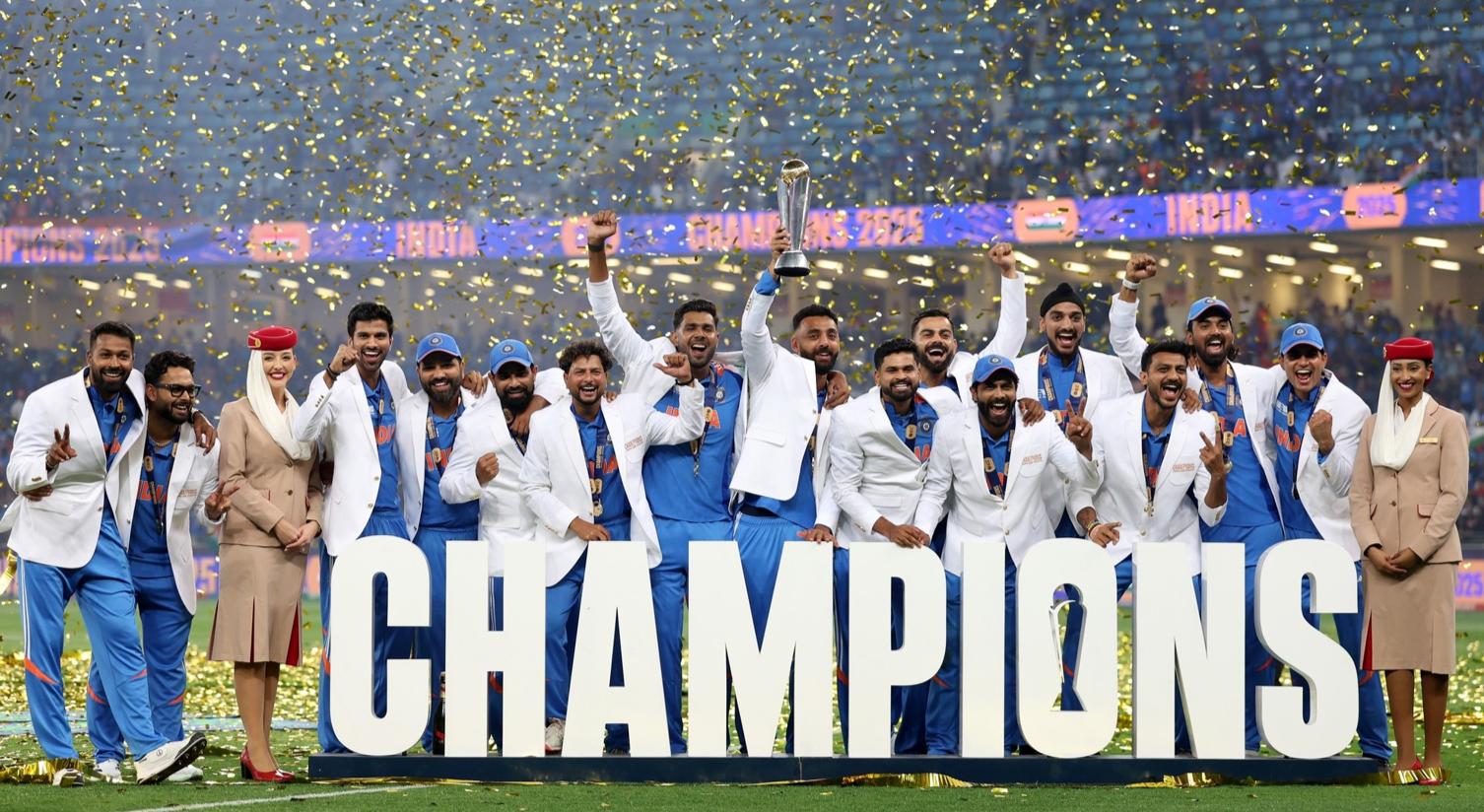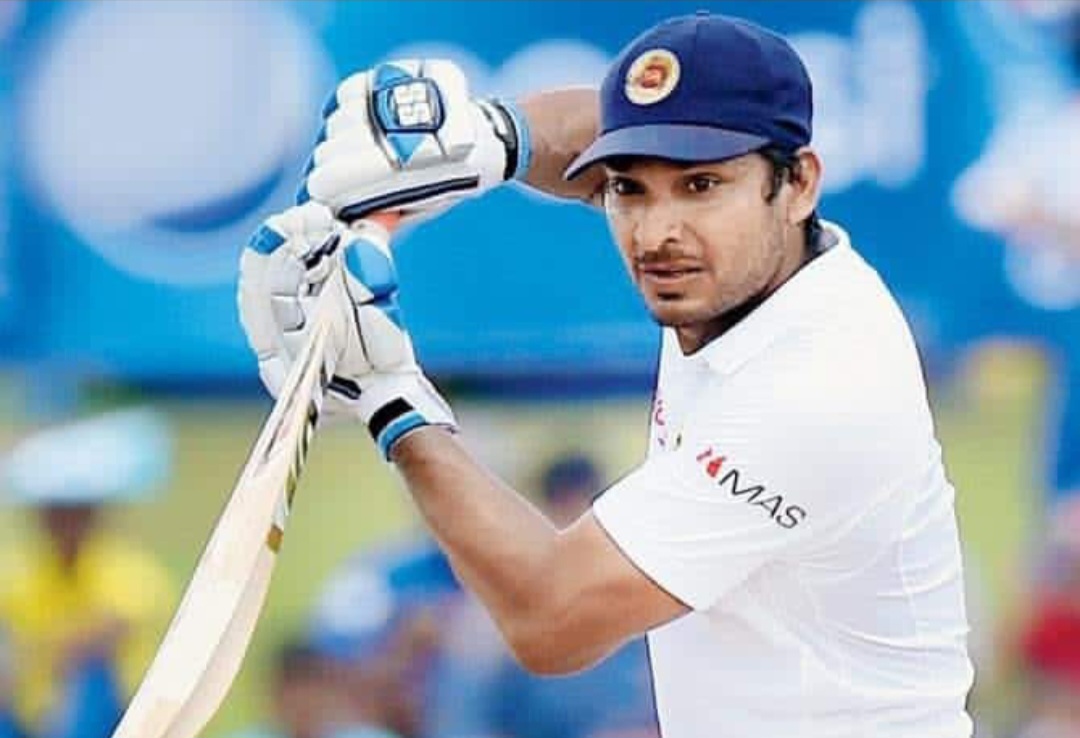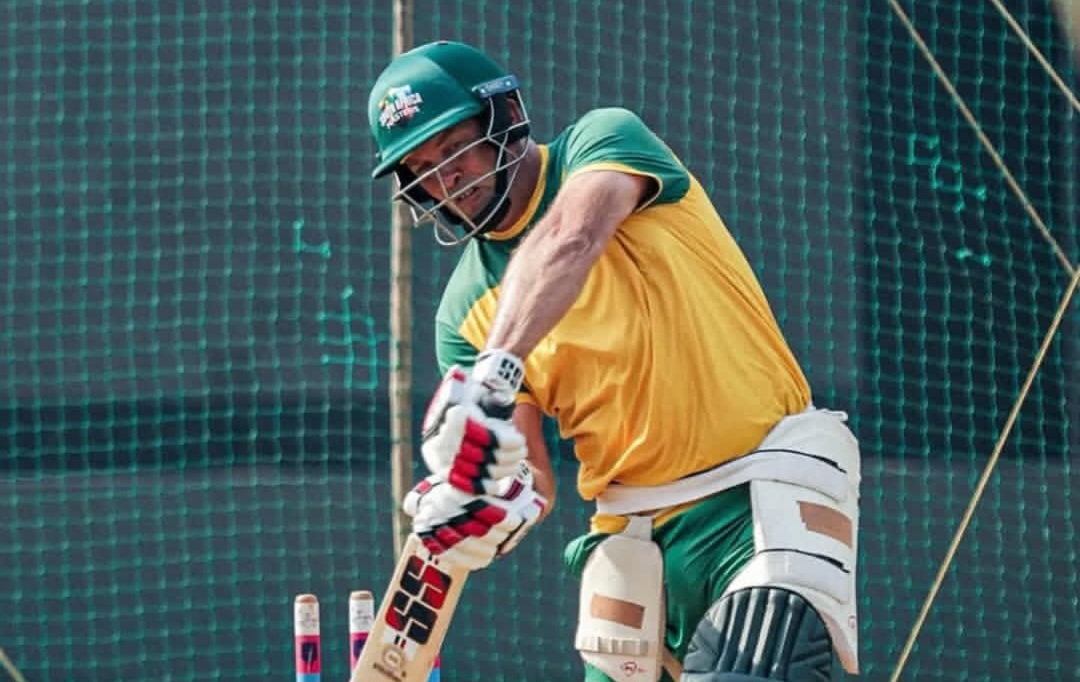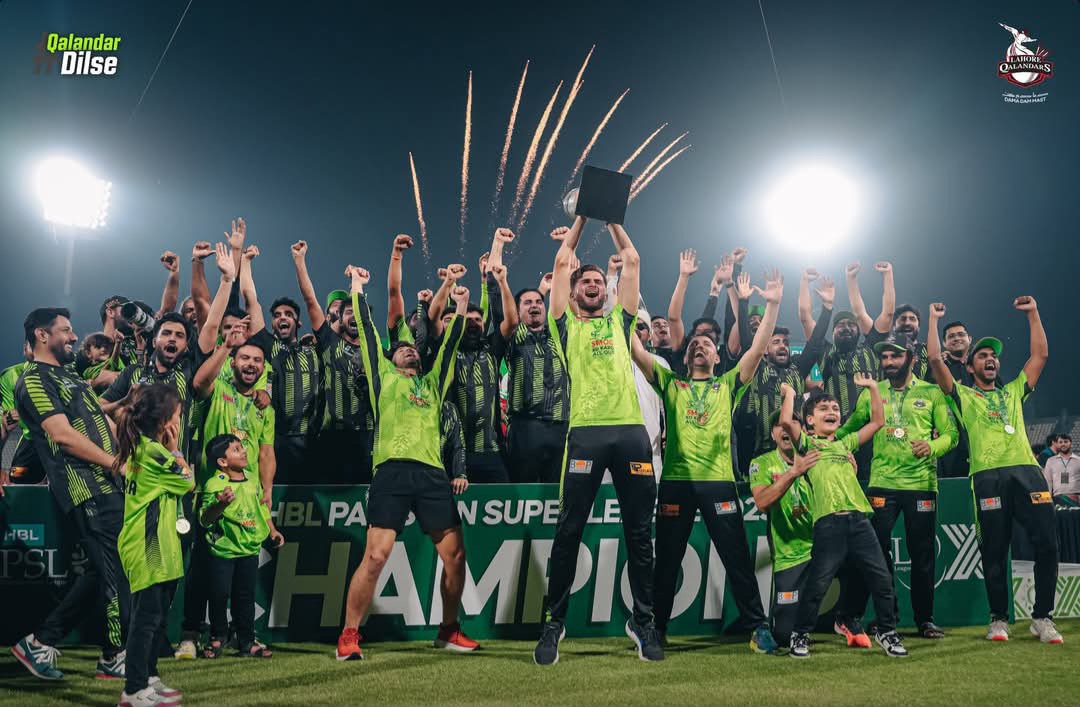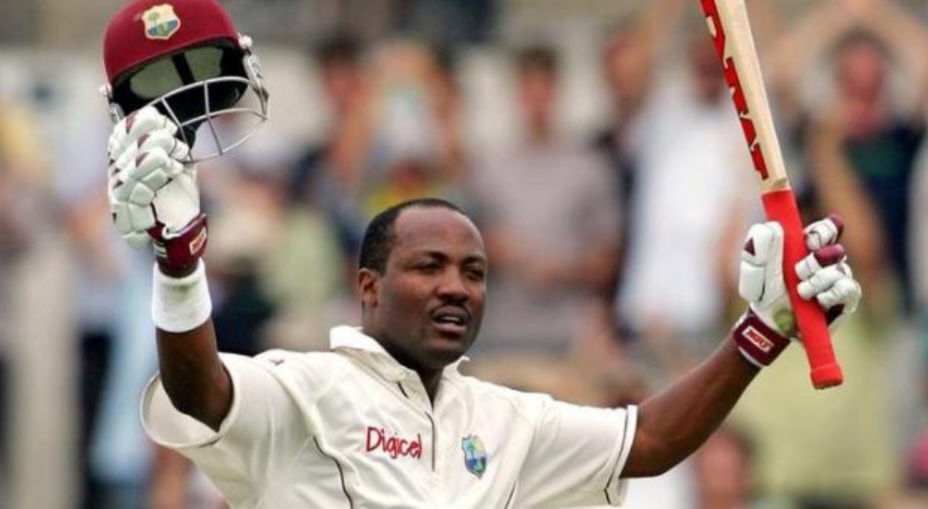The history of the Indian Cricket Team is rich, filled with milestones and moments that have shaped world cricket. Here’s an overview, focusing on key events:
1. Early Beginnings (1932–1947)
-
First Test Match: India played its first Test match against England in 1932 at Lord’s, marking the birth of India’s Test cricket journey. The team, led by CK Nayudu, was the first Indian squad to play at the elite level.
-
Pre-Independence: Cricket in India had already been established during British colonial rule, but the Indian cricket team’s official debut came after India’s participation in the 1932 Test series.
2. Post-Independence Era (1947–1980s)
-
India’s First Test Series Victory: India secured their first Test series victory in 1952, defeating West Indies in the West Indies.
-
Kapil Dev’s Era: The 1980s saw Kapil Dev emerge as one of India’s greatest all-rounders. He led the team to victory in the 1983 Cricket World Cup, defeating the mighty West Indies, which remains one of India’s most iconic cricketing moments.
-
Rise of Spin: India was known for its spin bowlers, with legends like Bishan Singh Bedi, Erapalli Prasanna, and Srinivas Venkataraghavan dominating during the 1960s and 1970s.
3. 1990s – The Golden Generation (1990–2000s)
-
Sachin Tendulkar: The 1990s witnessed the rise of Sachin Tendulkar, who would go on to become the highest run-scorer in the history of world cricket. Tendulkar, known as the “Master Blaster,” is widely regarded as one of the greatest players to ever play the game.
-
Captaincy of Mohammad Azharuddin: Under Azharuddin, India became a force to be reckoned with in limited-overs cricket, becoming one of the leading teams in the 1990s.
-
1996 Cricket World Cup: India co-hosted the 1996 Cricket World Cup and made it to the semifinals but was eliminated by Sri Lanka. The tournament cemented India’s reputation on the world stage.
4. 2000s – The New Era (2000–2010)
-
Sourav Ganguly’s Leadership: Sourav Ganguly took over the captaincy in 2000, bringing in a new aggressive and confident approach. Under his leadership, India emerged as a competitive side in both formats.
-
2003 Cricket World Cup: India made it to the final of the 2003 World Cup, only to lose to Australia, but it was a testament to their rising cricketing stature.
-
The Rise of MS Dhoni: MS Dhoni made his debut in 2004 and quickly rose to prominence with his calm demeanor and finishing ability. His most notable achievement came in 2007 when he led India to victory in the inaugural ICC World Twenty20 in South Africa.
5. 2010s – Global Dominance (2010–2019)
-
ICC 2011 Cricket World Cup: Under the leadership of MS Dhoni, India won the 2011 ICC Cricket World Cup, defeating Sri Lanka in the final at the Wankhede Stadium in Mumbai. This victory was a historic moment for Indian cricket.
-
ICC Champions Trophy: India won the 2013 ICC Champions Trophy under Dhoni, becoming the only team to win all three ICC global tournaments (World Cup, Champions Trophy, and T20 World Cup).
-
Virat Kohli’s Captaincy: Virat Kohli took over as captain in all formats by 2017, leading India to the top of the ICC Test rankings. His aggressive and modern approach made India one of the most successful teams in international cricket.
6. 2020s – The Modern Era
-
Rise of T20 Cricket: The Indian Premier League (IPL), launched in 2008, revolutionized Indian cricket, providing a platform for young talent and promoting T20 cricket. The IPL is one of the biggest and most-watched cricket leagues globally.
-
ICC World Test Championship: India has been part of the newly introduced World Test Championship, finishing as runners-up in the 2021 final.
-
2023 Cricket World Cup: India hosted the 2023 ICC Cricket World Cup and went on to dominate the tournament, clinching the World Cup title for the third time, further solidifying their cricketing legacy.
India continues to be a dominant force in international cricket, with an impressive mix of experienced players and young talent, and is known for its intense fan following, passionate cricket culture, and historic achievements.

